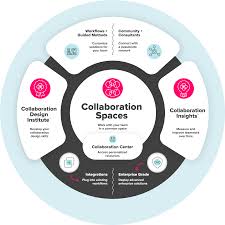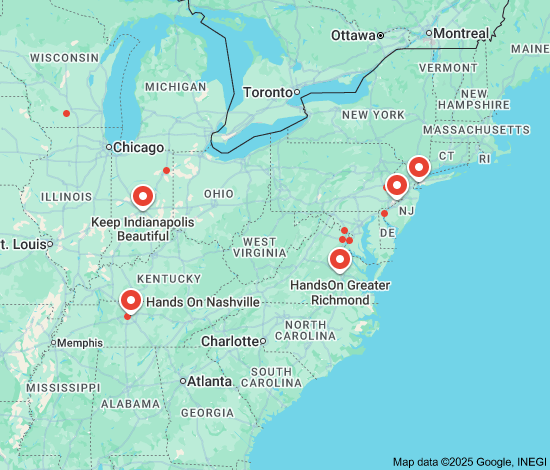The Power of Psychotherapy: Healing the Mind and Soul
Psychotherapy, also known as talk therapy, is a powerful tool for addressing mental health issues and promoting overall well-being. Through a collaborative process between a trained therapist and an individual or group, psychotherapy aims to explore thoughts, emotions, behaviors, and experiences to help improve mental health and quality of life.
One of the key benefits of psychotherapy is its ability to provide a safe and supportive environment for individuals to express themselves openly and honestly. Therapists are trained to listen without judgment, offer empathy and understanding, and help clients gain insight into their feelings and behaviors.
Psychotherapy can be effective in treating a wide range of mental health conditions, including anxiety disorders, depression, PTSD, eating disorders, addiction, and more. It can also help individuals navigate life transitions, improve relationships, build self-esteem, and cope with stress.
There are various approaches to psychotherapy, including cognitive-behavioral therapy (CBT), psychodynamic therapy, humanistic therapy, and more. Each approach has its own techniques and goals but ultimately aims to help individuals better understand themselves, develop coping strategies, and make positive changes in their lives.
Research has shown that psychotherapy can be as effective as medication in treating certain mental health conditions and may have longer-lasting benefits. It empowers individuals to take an active role in their own healing process and provides tools that can be used throughout their lives.
Overall, psychotherapy offers a path to self-discovery, growth, healing, and transformation. By seeking support from a qualified therapist and engaging in the therapeutic process with openness and commitment, individuals can unlock their potential for positive change and lead more fulfilling lives.
Understanding Psychotherapy: Stages, Roles, Differences, and Types
- What are the 4 stages of psychotherapy?
- What is a psychotherapist vs psychologist?
- What is difference between psychotherapy and Counselling?
- What are the 4 major types of psychological therapies?
What are the 4 stages of psychotherapy?
In psychotherapy, the therapeutic process typically unfolds in four main stages: assessment, formulation, intervention, and evaluation. During the assessment stage, the therapist gathers information about the client’s history, current concerns, and goals for therapy. This information is used to formulate a deeper understanding of the client’s unique experiences and challenges in the formulation stage. The intervention stage involves implementing therapeutic techniques and strategies tailored to address the client’s specific needs and goals. Finally, in the evaluation stage, both the therapist and client assess progress, reflect on outcomes, and make any necessary adjustments to ensure that therapy remains effective and beneficial. These four stages form a structured framework that guides the therapeutic journey towards healing and growth.
What is a psychotherapist vs psychologist?
A common question that arises in discussions about psychotherapy is the distinction between a psychotherapist and a psychologist. While both professionals work in the field of mental health, there are key differences in their roles and qualifications. A psychotherapist is a broader term that refers to any trained professional who provides therapy to individuals, couples, or groups to address emotional or psychological issues. On the other hand, a psychologist is specifically trained in psychology and holds at least a doctoral degree (Ph.D. or Psy.D.). Psychologists may provide therapy as part of their practice but are also qualified to conduct psychological assessments, research, and diagnose mental health conditions. In essence, while all psychologists can be psychotherapists, not all psychotherapists are psychologists.
What is difference between psychotherapy and Counselling?
Psychotherapy and counseling are two distinct but related forms of mental health support. While both involve talking with a trained professional to address emotional and psychological issues, there are some key differences between the two. Psychotherapy typically focuses on exploring deeper-rooted issues, patterns, and emotions that may be influencing a person’s thoughts and behaviors over a longer period of time. It often involves a more in-depth exploration of the individual’s past experiences and how they impact their present life. Counseling, on the other hand, tends to be more short-term and solution-focused, often addressing specific problems or challenges in the present moment. Counseling may also be more directive in nature, providing practical advice and strategies to help clients manage their immediate concerns. Ultimately, whether one chooses psychotherapy or counseling depends on their specific needs, goals, and preferences for therapeutic approach.
What are the 4 major types of psychological therapies?
There are four major types of psychological therapies commonly used in the field of mental health: cognitive-behavioral therapy (CBT), psychodynamic therapy, humanistic therapy, and behavioral therapy. Each type of therapy has its own unique approach and techniques for addressing mental health issues. Cognitive-behavioral therapy focuses on changing negative thought patterns and behaviors to improve mental well-being. Psychodynamic therapy explores unconscious thoughts and past experiences to gain insight into present behavior. Humanistic therapy emphasizes personal growth, self-awareness, and the importance of the individual’s subjective experience. Behavioral therapy focuses on modifying specific behaviors through techniques such as reinforcement and conditioning. These diverse approaches offer individuals a range of options to address their mental health concerns and work towards positive change.




Leave a Reply